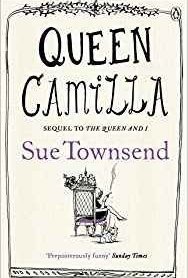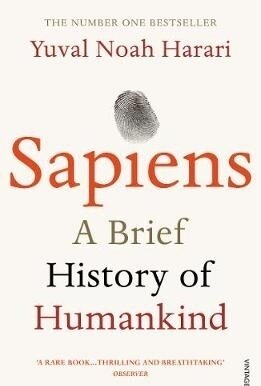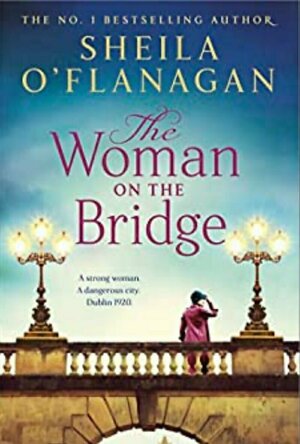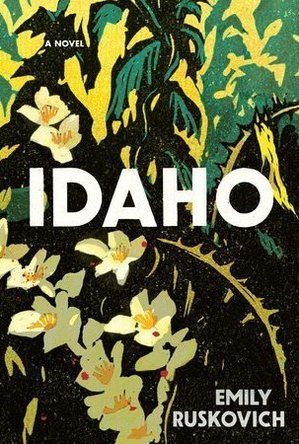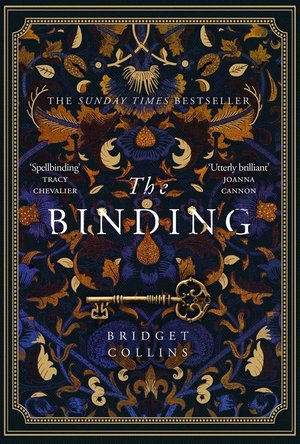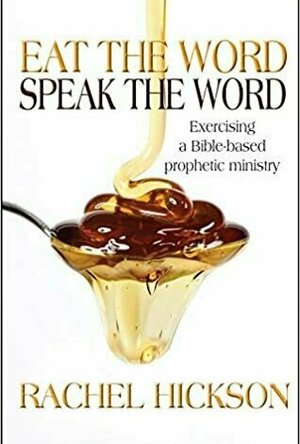
Eat The Word, Speak The Word: Exercising a Bible-Based Prophetic Ministry
Book
We are all familiar with Bible teachers whose knowledge fails to translate into vision, action or...
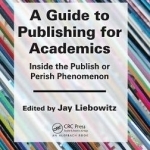
A Guide to Publishing for Academics: Inside the Publish or Perish Phenomenon
Book
Most academics still wrestle with the "publish or perish" phenomenon. Based on Dr. Liebowitz's 25...
Kaz (232 KP) rated Queen Camilia in Books
Jul 15, 2019 (Updated Jul 15, 2019)
This novel is based on what would happen if the institution of the Royal Family was in exile and were living on a council estate. Britain is divided into many different zones, depending on your social standing and no one can cross zones without an I.D card. Also the police know your every move, thanks to cameras which are installed everywhere and they can access all information about the residents, using the Vulcan computer system.
Firstly, I liked how Sue Townsend characterized the members of the Royal family, they are all very likable characters, funny characters. I also liked that we got the perspectives of the royal pets too, on what was going on.
However, I found a few things wrong with this book. I personally like the British Royal Family, but, even though this book is funny, I could tell that the author wasn't entirely in favour of them and so I felt that at times, the jokes were a bit cutting and were laughing at the Royal Family, rather than laughing with them.
Secondly, at the beginning of the book, I felt like this was making some interesting observation on modern British life. However, as the book progressed, what could have been a humorous insight into these issues, turned into a bit of a mess.
Thirdly, the construction of the plot was very sloppy. The plot didn't seem to focus on one specific thing. What was a book about the Royal Family and the illegitimate son of Prince Charles and Camilla Parker Bowles , randomly turned into a farce about the dogs in the area. The comedy with the dogs at the beginning was funny, as I said before,, but it escalated into farce.
Also, plot line involving a police officer having a crush on one of the lower class women in 'Slapper Valley', one of the exclusion zones, never got an resolution at all..
Finally, the ending for me, was very poor. It ended quite abruptly and was quite frankly, bizarre and unsatisfying.
I started out really enjoying this book, but in the end, it turned into a bit of a mess. This was occasionally funny, but overall, a very disappointing read.
BookblogbyCari (345 KP) rated Sapiens: A Brief History of Humankind in Books
Aug 5, 2018
The book is an overview of homo-sapiens as a species, and how we have changed over the ages, and what we have done, before finally touching on where we are going. As such the book is a cross-pollination of history, sociology, and economics.
As you may expect from a book with such a broad scope, there are some sweeping statements, and rather than being a neutral dispassionate account, Harari makes his opinions very evident. However rather than being irritating, I feel this makes for a more entertaining read.
The book begins by introducing the theme of homo-sapiens in the context of the presence of the other human species that used to exist. He then goes on to describe the cognitive and agricultural revolutions. Then it’s the establishment of patriarchal social hierarchies across the world, largely based on historical conventions. Next Harari states that the purpose of religion is to unify fragile societies with superhuman legitimacy.
Harari then moves on to the scientific revolution, describing how an admission of ignorance by Europeans, along with a desire to discover and conquer new lands was key to the movement.
The conversation moves swiftly then to economics, using the fact that a bank can loan £10 for every £1 it has, to argue that our economics is based on trust in the future. Harari states that a country’s credit rating is more important than its actual resources. Harari describes capitalism and consumerism as being 2 sides of the same coin with two commandments: rich must invest, rest of us must buy. Consumerism, he says, aims to convince people that indulgence is good and frugality is self-oppression.
Harari also argues that, now, instead of relying on local communities the individual relies on the market or the state. Parental authority no longer sacred, he says, and state intervenes. And so when Harari asks if we are any happier now than when we were hunter-gatherers, he argues that our rise of wealth is offset by the disintegration of community life.
Harari also speaks of ecological degradation and our tendency to treat other species as a means to an end, for example, the farming of cow's and chickens has cut years off the lives of both, since they are killed as soon as they reach their maximum weight.
In the final chapter, Harari speculates on the future of mankind. With improvements in medical knowledge comes new ethical conundrums, he says. How will we handle the options of genetic engineering? What will the advent of artificial intelligence mean for humanity?
In my book club, we found that the book generated a lot of talking points. What would the world be like now, had the other species of humans survived? Why have so many cultures across history and the world had patriarchal hierarchies? Can societies improve over time, or is one style better than another? Can communism be considered a religion? Are human rights really just a figment of our collective imagination?
Whilst not everyone in my book club enjoyed the book equally, I would say that it’s as enlightening as it is thought provoking. By the end, it was hard to argue with the author's conclusion that homo-sapiens are like dissatisfied and irresponsible gods.
ClareR (6062 KP) rated The Woman on the Bridge in Books
May 29, 2023
It’s the 1920’s and Ireland is fighting for its independence. There’s so much going on in this story: the fight for Irelands independence; domestic violence; poverty; tuberculosis; women’s rights; emigration of the Irish to the USA and other European countries.
Winifred O’Leary is a strong woman who wants to be independent, both as a woman and as an Irish woman. The book doesn’t go too much into the ins and outs of the political situation, but I’ve certainly learnt more about what went on during this time. It was a hard time to be living in.
Winnie’s husband certainly experiences a lot of this hardship. He’s imprisoned for his actions with his fellow freedom fighters.
This is a love story as well as a story about the politics at the time. I really enjoyed it and I realise that it was first and foremost a love story - and an enjoyable one at that!
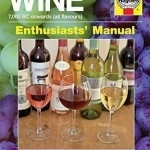
Wine Manual
Book
Wine comes in many forms and flavours, and has been a part of man's social history for thousands of...
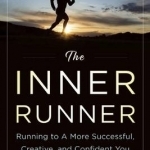
The Inner Runner: Running to a More Successful, Creative, and Confident You
Book
Why are so many people drawn to running? Why is running the most common physical activity? What is...
The story jumps back and forth in time as it follows the lives of the mother, father, the daughters and Ann, the 'new' wife. It isn't confusing though, surprisingly. The murder isn't one of those protracted descriptions, it's more of an aside. I don't even think that it comes across as something that was done on purpose.
This book is about the repercussions of this single act and how it affects all those involved, even those who weren't there.
I was captivated. I know that seems like a big thing to say about a book, but once I got going (real life and it's distractions, eh!) the end seemed to come around all too quickly.
I would highly recommend this - but make sure you have a box of Kleenex to hand. It's achingly sad in places.
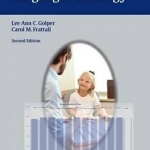
Outcomes in Speech-Language Pathology
Carol Frattali and Lee Ann C. Golper
Book
Based on the pioneering work of Carol C. Frattali,Outcomes in Speech-Language Pathology, Second...
Janeeny (200 KP) rated The Binding in Books
May 8, 2019
I do appreciate a good-looking book, and this is one good looking book. The cover art just draws the eye and the marbling effect on the inside cover is just beautiful. Then you have this little blurb
“Imagine you could erase grief.
Imagine you could remove pain.
Imagine you could hide the darkest, most horrifying secret.
Forever”
Captures the imagination, right?
The Binding is categorized as 'Magical Realism', although it doesn’t totally deliver on it’s promise.
The story starts out around Emmett, and you know there is a deep secret there which will eventually unravel. He is sent to an old Binder as an apprentice to learn the trade, which basically involves laying your hand on the person who wishes to forget as they tell you their memory. That is essentially it for the Binding aspect of the book. This story is predominantly about Emmett and his past, and ‘Binding’ plays a very small part in that. Don’t get me wrong I did really enjoy the direction that the book took, but as somebody in my book club pointed out, we would have liked to know more about The actual Binding and the books. Maybe if Bridget Collins releases more books based around this I may get my wish!
